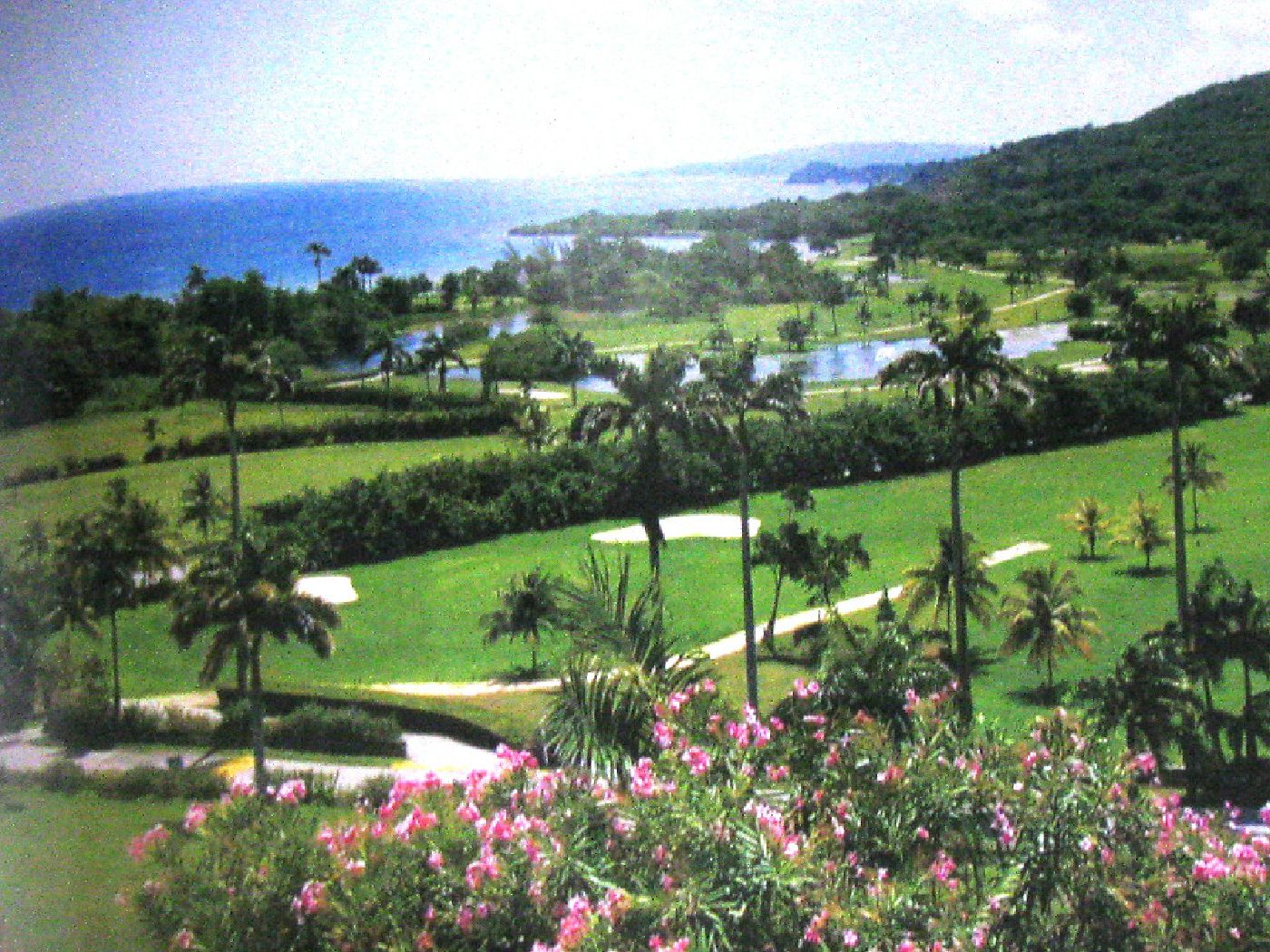On August 5, 1962 Jamaicans lowered the British Union Jack and raised our black, yellow and green national standard as the British handed over the reins of government to the Jamaican people. The long road toward independence and self- government had culminated in the establishment of a nation fully persuaded that they were up to the task of shaping their own future. To reflect the enviable mosaic of the country’s people, their chosen national motto is, “Out of Many One People.”
The history of the Christian Church in Jamaica is inexorably tied to the Abolitionist Movement in Britain led by William Wilberforce, Granville Sharp and Thomas Clarkson assisted by James Ramsey who had intimate knowledge of the West Indies. At about the same time a number of events converged to impact Jamaica’s religious climate. In Britain the Baptists founded a missionary society in 1792. The London Missionary Society was founded in 1795. In this very year, the Moravian missionaries arrived in Jamaica at the invitation of two land owners. They were gifted with 300 acres in the parish of St Elizabeth. They eventually succumbed to Malaria and died.
But the history of Christian evangelism in Jamaica goes back more than ten years earlier to the arrival of two African Americans and their families who were loyalists following the War of Independence in America. These two black preachers were responsible along with their families in establishing the first Baptist Church in Jamaica and their preaching attracted a very large following. Their efforts resulted in the establishment of a native evangelical movement. This was something the British Baptists and the Methodists who came after them were unable to accomplish. Jamaica’s history is one of a people with a long history of Christian influence and religious observance.
It is however, our contemporary spiritual condition that has provided the need to garner effective and efficient resources to present the Christ of the 1780’s as the same Person who continues to woo and invite the Jamaicans of today to a personal relationship with Christ as both George Lisle and Moses Baker championed.
Jamaica did not arrive on the world stage in 2010 with its astonishing performance at the British Olympics as the nation with the fastest male and female athletes in the world. Its athletic prowess was established back in 1947 and the Summer Olympics1948 and 1952 when Jamaican athletes Herbert McKinley and Arthur Wint dominated the 400 meters and 4 x 400 relay events over athletes from countries with robust athletic reputations.
This island of 4,200 square miles just slightly smaller that Connecticut lies 90 miles south of Cuba, and Cuba is 90 miles south of the United States, has a population estimated at three million people. It is a vibrant, high energy nation with citizens who have distinguished themselves in commerce, the arts, science and scholarship. Jamaicans are found in every corner of the world contributing to the already existing mosaic of the nations where they reside.
